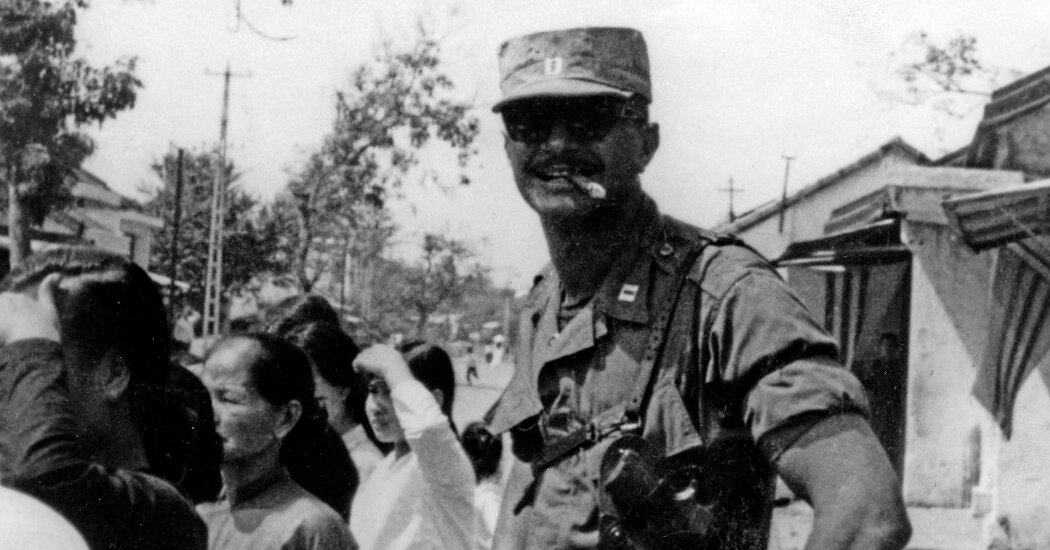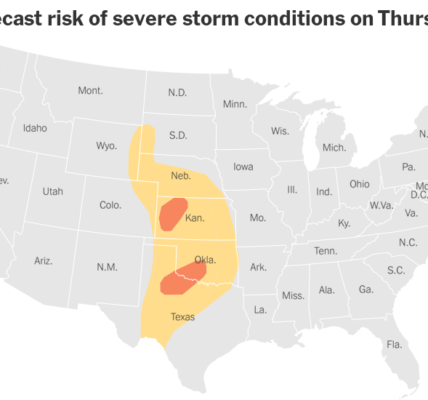His great-aunt Pearl Madison, the family matriarch, helped found a burial insurance company in the 1920s, an important industry in the Black community, and later helped found a funeral home. His father, known as A.J., was the longtime secretary-treasurer of the combined business, the Christian Benevolent Funeral Home and Burial Association.
Gary Cooper’s first marriage, to Charlesetta Ferrill, with whom he had three children, ended in divorce. A second marriage, to Gloria Giles, also ended in divorce. In 1991, he married Beverly Martin. She survives him. In addition to his daughter Joli Claire, so do his other children, Patrick Charles Cooper and Gladys Shawn Cooper; seven grandchildren; a great-granddaughter; a sister, Dominque Cooper; and a brother, Algernon J. Cooper Jr., a former aide to Robert F. Kennedy.
Two other siblings, who led prominent lives, died earlier: Mario Cooper, a national Democratic operative, who raised awareness of AIDS in the Black community, in 2015, and Peggy Cooper Cafritz, a collector and champion of Black artists, in 2018.
In 1974, General Cooper was elected as a Democrat to the Alabama Legislature; he was the first African American from Mobile to serve in the state’s House of Representatives since Reconstruction. A pragmatist in Montgomery, the state capital, he formed an alliance with Gov. George Wallace, the arch-segregationist, by agreeing to be one of his floor leaders in the House. In the mid-1970s, he blocked a bill to fund the retirement of a probate judge in Mobile County — the same official who kept separate license books for Black and white marriages — until the judge agreed to end the racist practice.
General Cooper served until 1978, when he resigned to become commissioner of the State Department of Pensions and Security.




